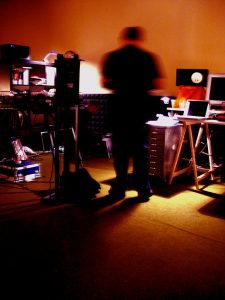 Long gone are the days when music was restricted to live venues, old-fashioned records, and classical musical instruments. The majority of music these days is recorded in a studio, or in the case of electronic music, entirely composed within the confines of a music studio. With the invention of music studios, came the new profession, or even art form, of producing music, and this has become even more pertinent over the recent decades, as electronic music, particularly in the dance genre, has really taken off, and proven itself a huge success in the market.
Long gone are the days when music was restricted to live venues, old-fashioned records, and classical musical instruments. The majority of music these days is recorded in a studio, or in the case of electronic music, entirely composed within the confines of a music studio. With the invention of music studios, came the new profession, or even art form, of producing music, and this has become even more pertinent over the recent decades, as electronic music, particularly in the dance genre, has really taken off, and proven itself a huge success in the market.
Producing music is, as it sounds, the art of making music. Instead of taking up and learning a traditional music instrument, such as the piano or violin, music producers can now create music, using nothing but a laptop; many albums that have achieved either gold or even platinum, discs have been produced on just a laptop. Although, most studios are far more sophisticated than that, and use a range of tools to create the desired sounds. Traditional instruments are very often used in the production of electronic music as well, which are then played and ‘sampled’, meaning that they are recorded in their raw form, and then electronically manipulated, or played on a loop, and added to an electronic music track. While many musical traditionalists are against this type of music creation, the music market has certainly allowed the proliferation of electronic music, and there’s no end in sight for it.
Creating music can be a tiring process, and many artists can suffer something known as ‘burn out’, where too many long hours in a studio, and not enough sleep, 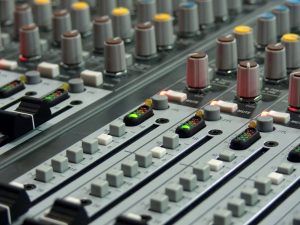 take their toll. If you were to combine this with a bad diet, then you have a recipe for a health disaster. If you find that you are perhaps struggling with your health, then you can head over to livi, to speak to a doctor, and get yourself some medical advice.
take their toll. If you were to combine this with a bad diet, then you have a recipe for a health disaster. If you find that you are perhaps struggling with your health, then you can head over to livi, to speak to a doctor, and get yourself some medical advice.
Creating electronic music from the comfort of your own home has also never been easier. The advances in music production software have made barriers to entry, regarding skill, even lower. The cost of equipment has also dropped drastically, so there’s never been a better time to dive into music production, even if you’re a complete beginner. There’s a lot of equipment available on the market, so it’s, of course, essential to do your research, so you don’t have to spend any more than you need to. But with some great beginner bundles available, to buy for quite a low cost, you can also find that it’s a great, relaxing hobby, even if you don’t intend to create anything for commercial consumption.
 g any purchases. Consider the budget within which you have to work and only research software packages in that range. Find the perfect solution for you within your means.
g any purchases. Consider the budget within which you have to work and only research software packages in that range. Find the perfect solution for you within your means.



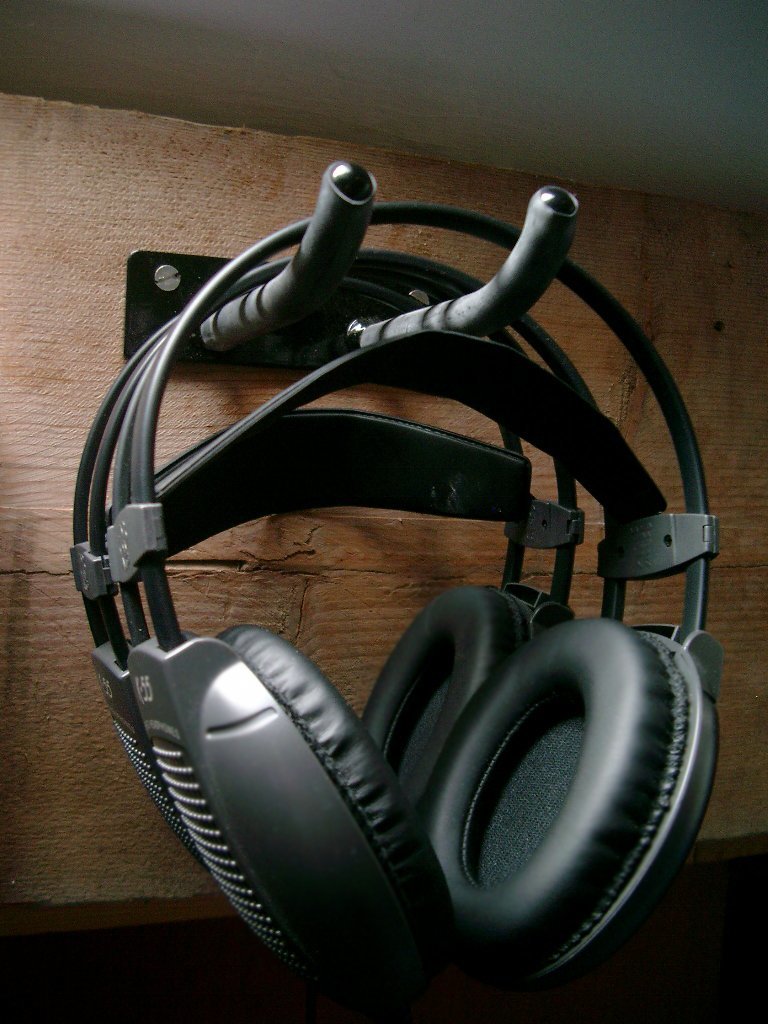

 How Do You Get That Elusive First Job?
How Do You Get That Elusive First Job?
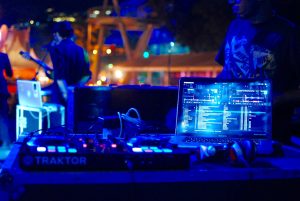 Reaching For The Stars and Reaping The Rewards
Reaching For The Stars and Reaping The Rewards

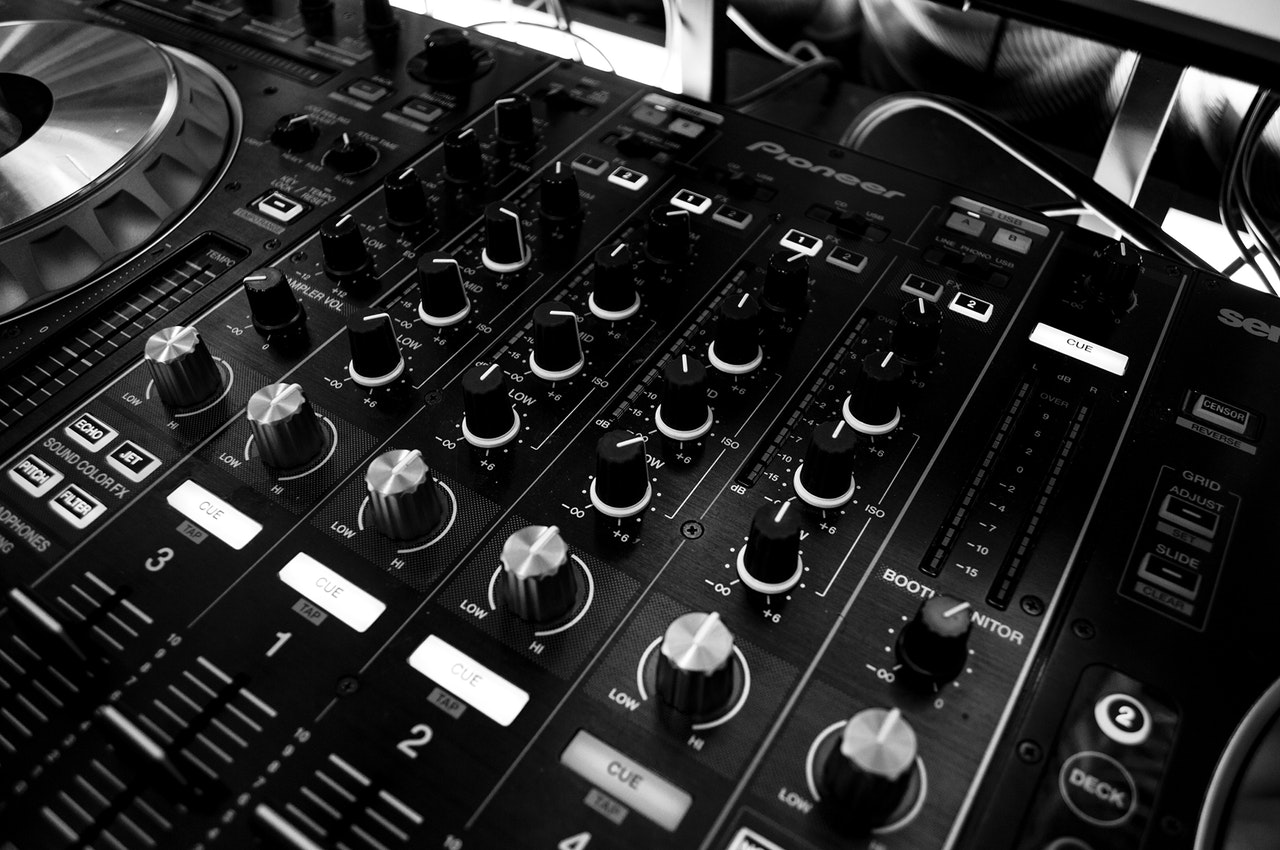 rtist want become a reality. The sound engineer will ensure that the equipment used is correct for the work at hand and that it is correctly setup to maximize the sound quality.
rtist want become a reality. The sound engineer will ensure that the equipment used is correct for the work at hand and that it is correctly setup to maximize the sound quality.
 Putting a recording studio in your home can be a lot of work. Recording high-quality audio requires an additional audio interface, even if you have a port in your computer. You’ll need a microphone that takes a clear and high-quality recording of vocals and live instruments; one that works with what you are looking to record.
Putting a recording studio in your home can be a lot of work. Recording high-quality audio requires an additional audio interface, even if you have a port in your computer. You’ll need a microphone that takes a clear and high-quality recording of vocals and live instruments; one that works with what you are looking to record. recorded sound. A quiet place is essential, to decrease the amount of white noise picked up in the background. You won’t want to hear noises from
recorded sound. A quiet place is essential, to decrease the amount of white noise picked up in the background. You won’t want to hear noises from 

 e to study full time because they have to work, earn money, and support a family. Should these people lose out on their dreams? Certainly not!
e to study full time because they have to work, earn money, and support a family. Should these people lose out on their dreams? Certainly not!
 Long gone are the days when music was restricted to live venues, old-fashioned records, and classical musical instruments. The majority of music these days is recorded in a studio, or in the case of electronic music, entirely composed within the confines of a music studio. With the invention of music studios, came the new profession, or even art form, of
Long gone are the days when music was restricted to live venues, old-fashioned records, and classical musical instruments. The majority of music these days is recorded in a studio, or in the case of electronic music, entirely composed within the confines of a music studio. With the invention of music studios, came the new profession, or even art form, of  take their toll. If you were to combine this with a bad diet, then you have a recipe for a health disaster. If you find that you are perhaps struggling with your health, then you can head over to
take their toll. If you were to combine this with a bad diet, then you have a recipe for a health disaster. If you find that you are perhaps struggling with your health, then you can head over to 


